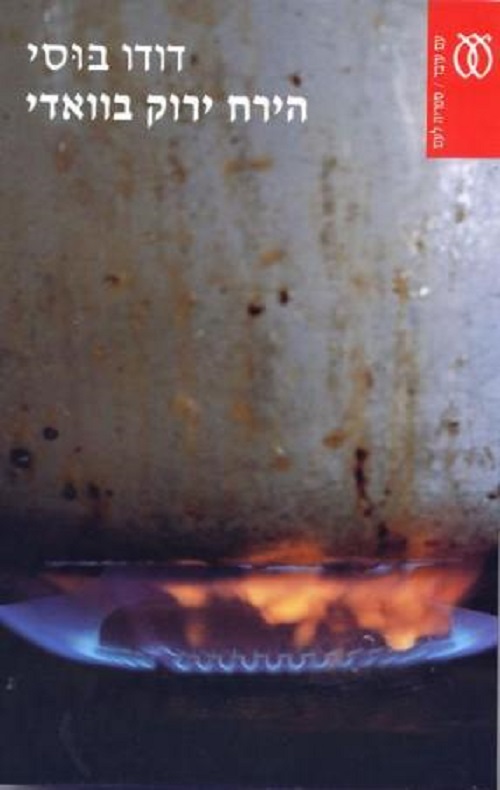
The Moon Goes Green in the Wadi
This poignant, amusing and captivating novel, which is set in the 1970s, tells the story of a young boy growing up in a destitute multicultural neighborhood, where ethnic origin determines status and social pressures run high; where childhood and adolescence are frequently rough and violent; and where dreams of the future often constitute the only source of hope. Musa (Moses) Cohen is the son of an Iranian mother and a Yemenite father. This union of two very different cultures creates a great deal of anxiety for him, representing as it does an obstacle in his quest for self-identity. Desperately wanting to belong to the Yemenite “gang,” he instead finds himself ridiculed and ostracized. His ethnic origin is ultimately the cause of a monumental tragedy that haunts him for years to come.
The novel, marked by its authentic use of the vernacular, fluctuates between the humorous and the serious, alternately evoking laughter, pity, compassion and empathy in its readers. It vividly depicts the atmosphere and folklore of the neighborhood; the games devised by the children from the sparse means at hand; and the relationships within and among families. Each colorful family has its own fascinating, often sad story, and Musa`s own experiences and emotional conflicts are heartbreaking and extremely painful. His beloved mother, whom he also despises for her helplessness and overprotectiveness, is generally ignored and occasionally verbally abused by his father; the latter, the owner of a small restaurant, is exploited by dishonest merchants, defaulting customers and his disrespectful, ungrateful daughter; Musa`s cousin Oni is murdered while defending Musa`s honor. This event, along with the suicide of a close family friend, all but shatters the sensitive young boy`s consciousness.
Musa Cohen`s family – as well as their neighborhood counterparts -permit the author not only to tell fascinating individual stories, but also to raise universal issues such as parent-child relationships, the terms of social acceptability and the consequences of social rejection, the agonizing aftermath of war, the joys and pangs of childhood, the cruelty and compassion of human nature and hope -symbolized by the moon floating above the wadi.

-
“ Busi offers literature a valuable dowry: firsthand acquaintance with the lifestyle and spoken language of an ambiance that is known as “the second Israel."”
-
“ Busi's skillful writing plucks hidden strings and arouses a spectrum of sensations. He is a talented writer and the topics he deals with are both interesting and important. ”
-
“ Busi is a talented storyteller. ”
